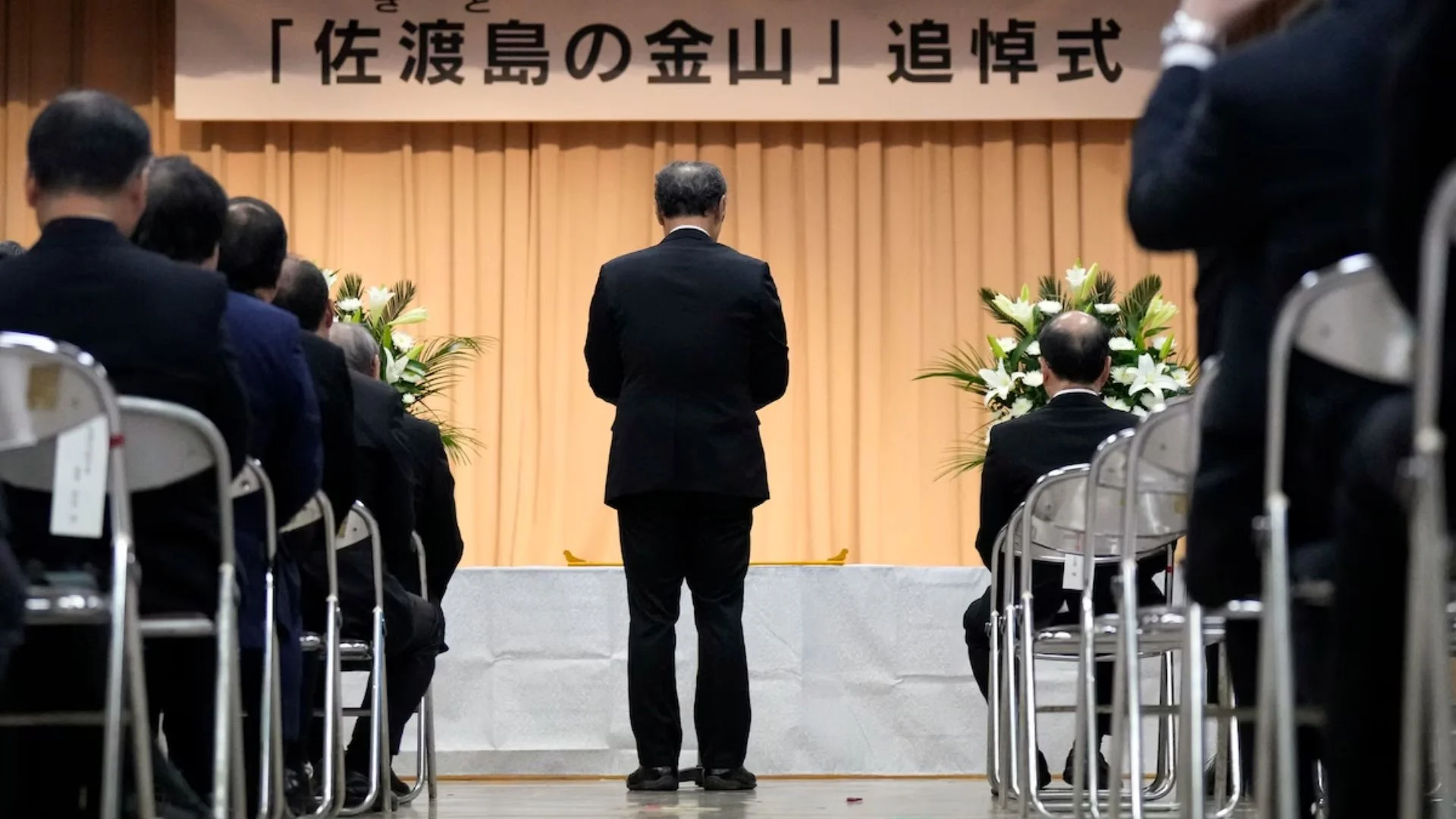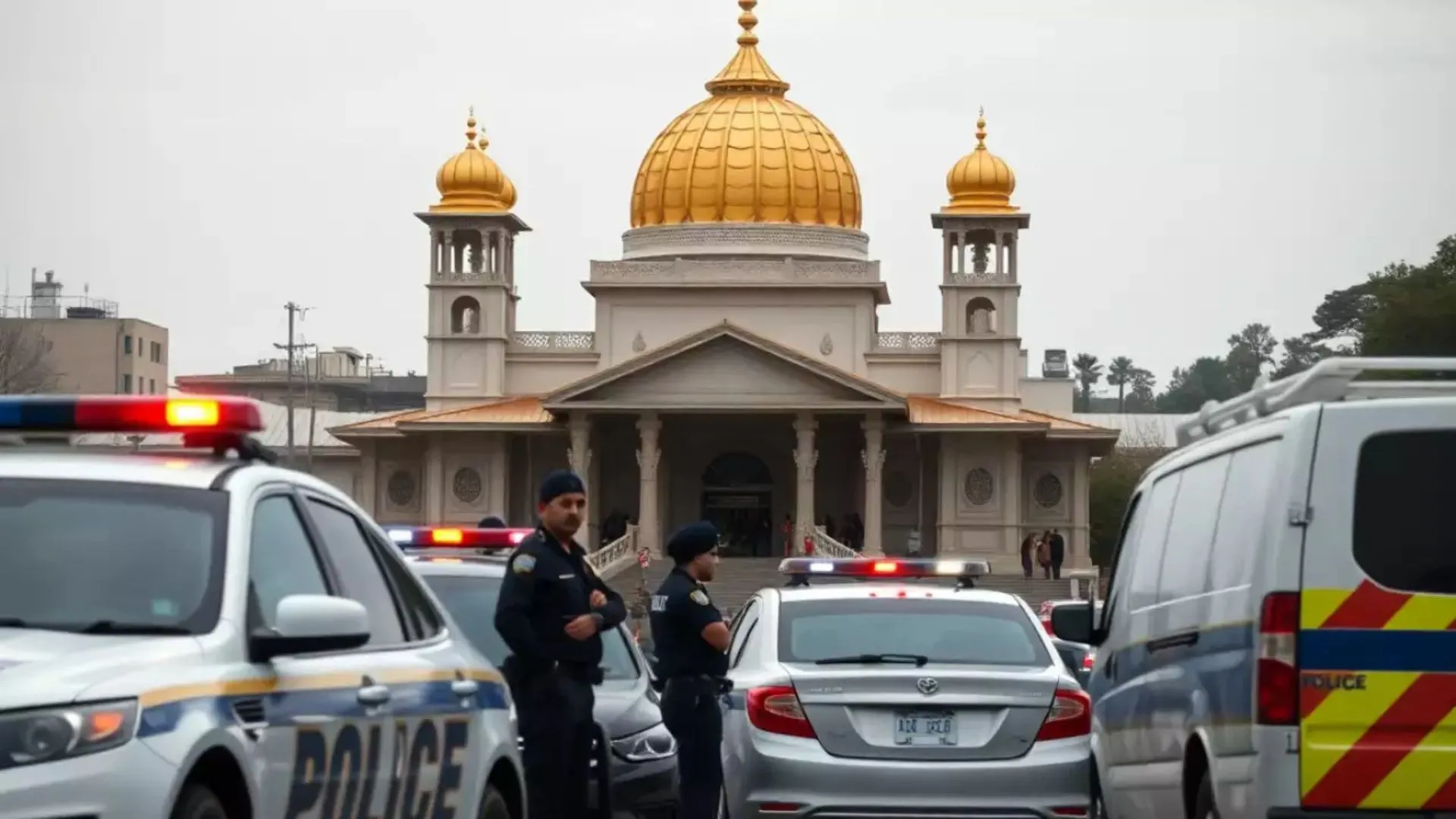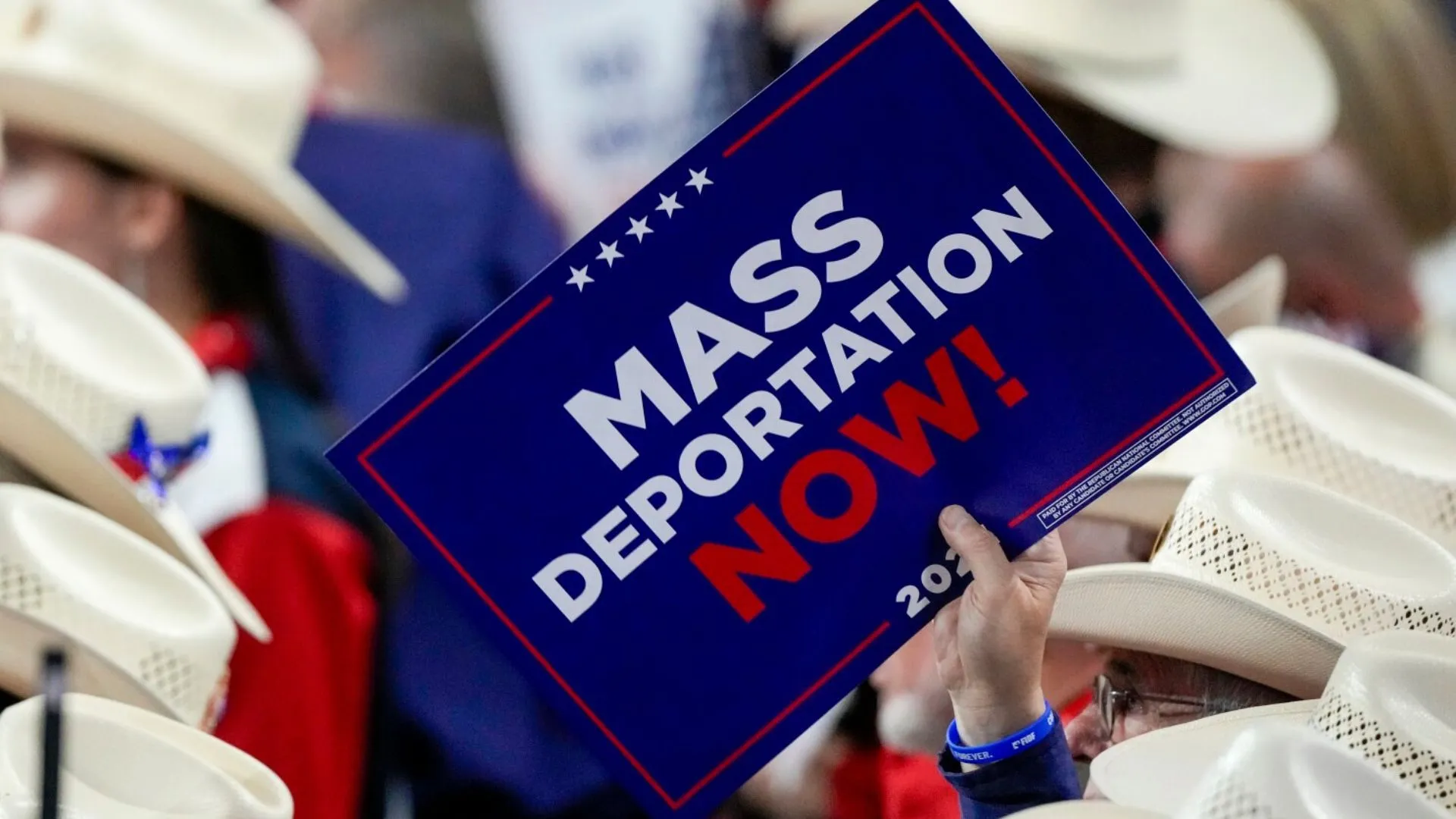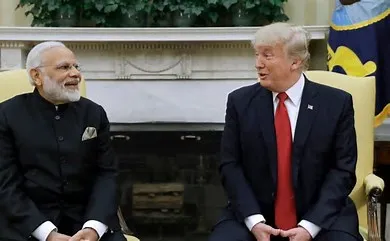A memorial ceremony was held In Japan on Sunday near the Sado Island Gold Mines, despite South Korea’s last-minute decision to boycott the event, leading to increased tensions over the Korean forced laborers issue during World War II. The mines, are recently designated as a UNESCO World Heritage site, a focal point of the dispute due to their history of employing Korean laborers under duress.
South Korea’s absence from the ceremony, where officials and families of Korean victims were invited, marked a setback in the countries’ recent attempts to improve relations. While the two nations had made strides in putting historical disputes aside to focus on US-led security cooperation, the decision to skip the memorial illustrated lingering sensitivities over wartime issues.
The Sado Island mines, which operated for nearly 400 years, were once the largest gold producer in the world. Historians note that approximately 1,500 Koreans were forced to work at the site, alongside other laborers conscripted to work in Japan’s mines and factories during the war. Despite this, Japan has long maintained that all wartime compensation issues were resolved under a 1965 normalization treaty, a stance that has been a point of contention with South Korea.
Earlier this year, Japan acknowledged the site’s painful history and agreed to hold an annual memorial for all victims, including the Korean laborers. However, South Korea had criticized the omission of these workers from the exhibition at the mines, which led to the decision to not attend the event.
Japan’s Foreign Ministry expressed disappointment over South Korea’s stance, with Masashi Mizobuchi, an assistant press secretary, stating that Japan had been in communication with Seoul. The ceremony proceeded as planned, with many seats reserved for South Korean delegates left empty.
In the background, diplomatic tensions had been rising over other unresolved issues, such as the controversial visit by Akiko Ikuina, a Japanese parliamentary vice minister, to the Yasukuni Shrine, which honors Japan’s war dead, including war criminals. This visit had angered South Korea, fueling further disagreements ahead of the event.
South Korea had long opposed the Sado site’s inclusion on the World Heritage list unless the history of forced labor was more prominently acknowledged. South Korean officials criticized the Japanese government for a lack of clarity on the issue of Korean laborers, while some citizens were also unhappy with their government’s support for the event without a firm Japanese commitment to address the labor issue.
The event and the resulting boycott underscore the continuing strain in Japan-South Korea relations, despite recent efforts to prioritize cooperation.




















